
Global meet at Drupa 24 for Authentication & Traceability p…
The Authentication Solution Providers' Association (ASPA), a leading non-profit organization dedicated to advancing secure authentication solutions, today announced its entry into the Middle East and Africa regions with the introduction of its MEA (Middle East & Africa) Chapter. This strategic move, marking ASPA's 25th year of combating counterfeits, aims to strengthen its global efforts against the proliferation of counterfeit goods, which pose severe risks to consumer safety, economic stability, and intellectual property rights. Industry veteran Mr. Ranesh Bajaj, will assume the position of Chairperson at ASPA's MEA Chapter.
At the global meet held in conjunction with Drupa 2024 at Dusseldorf, the Governing body team of ASPA organized an interaction for professionals from the Authentication industry worldwide. This initiative will ensure greater cooperation between global companies regarding technology and service in the fight against counterfeiting.
Recognizing the Middle East and Africa as significant export hubs for various products, including pharmaceuticals, automotive parts, electronics, and luxury goods, ASPA acknowledges the critical importance of addressing counterfeiting issues before these products enter international supply chains. According to a recent report by the Organization for Economic Co-operation and Development (OECD), counterfeit goods account for up to 3.3% of global trade, with the Middle East and Africa contributing significantly to this challenge.
"Combating counterfeiting at the source is crucial to ensure the integrity of exported goods and protect global supply chains," added Mr. Manoj Kochar, President of ASPA. "By working collaboratively with stakeholders around the world, we can implement effective authentication measures, strengthen regulatory frameworks, and raise awareness among consumers, ultimately contributing to global economic growth and consumer confidence. Counterfeiting is a transnational threat that requires coordinated and collaborative efforts from stakeholders across borders."
ASPA endeavors to collaborate with stakeholders including the manufacturers, brand owners, technology providers, law enforcement agencies, and policymakers in the Middle East and Africa to champion authenticity, safeguard consumer interests, and fortify legitimate businesses. The organization's strategic focus in these regions will center on research, advocacy, capacity building, and the advancement of best practices in authentication and traceability solutions.
"I am eager to lead ASPA's efforts in the Middle East and Africa," said Mr. Ranesh Bajaj, ASPA's MEA Chapter Chairperson. "We will remain steadfast in upholding ASPA's core values and mission, working tirelessly to promote authentication solutions and protect consumers in these regions. Additionally, we aim to gather more like-minded stakeholders to join us in this collective endeavor."
The Drupa 2024 meeting saw participation from over 40 delegates from Latin America, Europe, the Middle East, Africa, and India, with media covering the event. Stakeholders and industry players connected and shared insights, showing great interest in ASPA's initiatives. Notably, Mr Zbigniew Sagan, President of the International Tax Stamp Association (ITSA), also joined the meeting in an engaging session of the ASPA meeting at Drupa. ASPA and ITSA are also in touch, discussing an exciting potential collaboration. This interaction highlighted the event's success in fostering international cooperation and advancing the fight against counterfeiting.
This expansion underscores ASPA's commitment to fostering global partnerships and leveraging collective expertise in the fight against counterfeiting. The organization remains resolute in its mission to advance secure authentication solutions, promote industry best practices, and safeguard consumer interests worldwide.































































































































































































































































































.jpg)



















































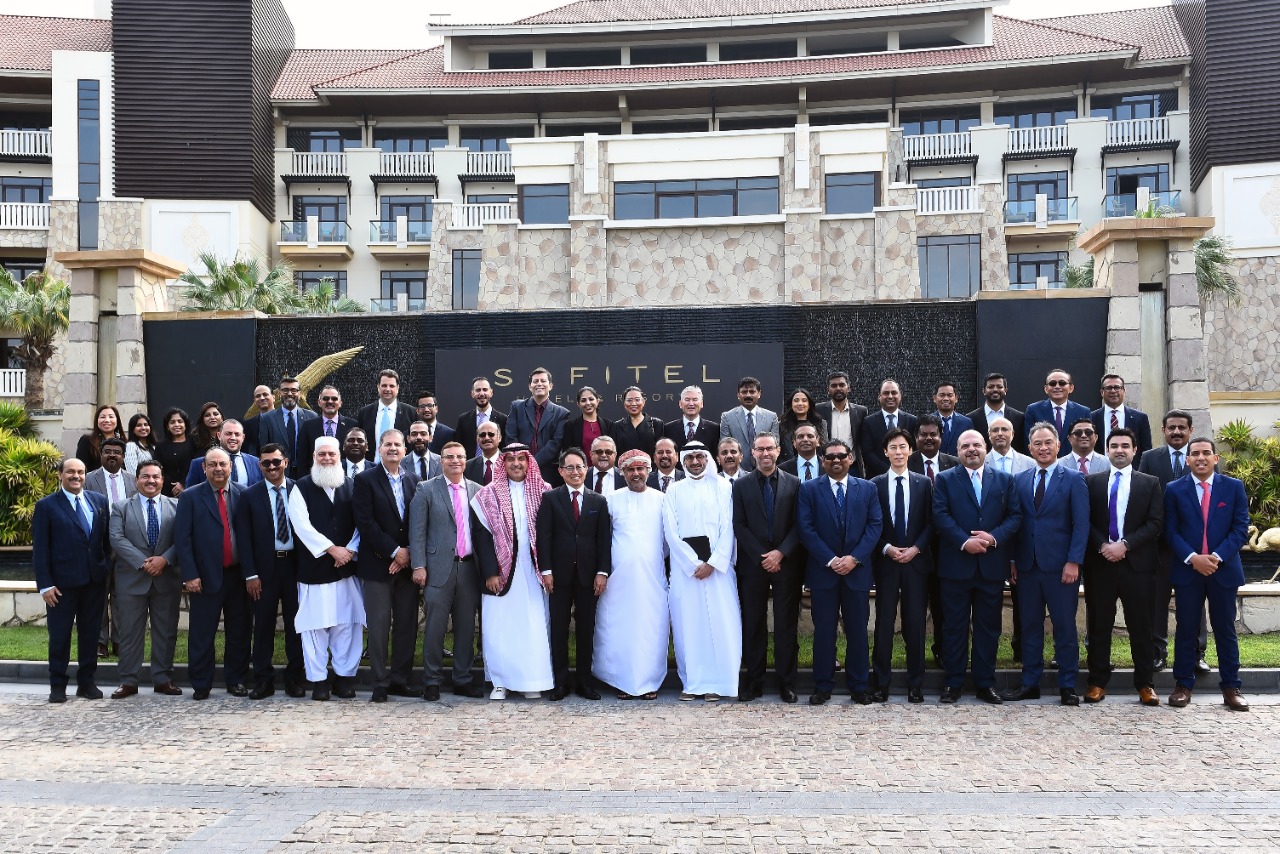
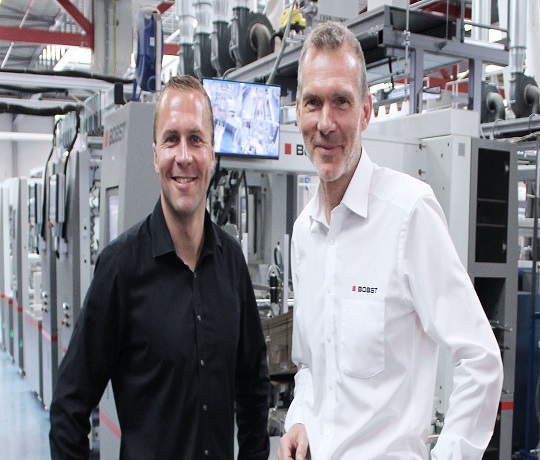
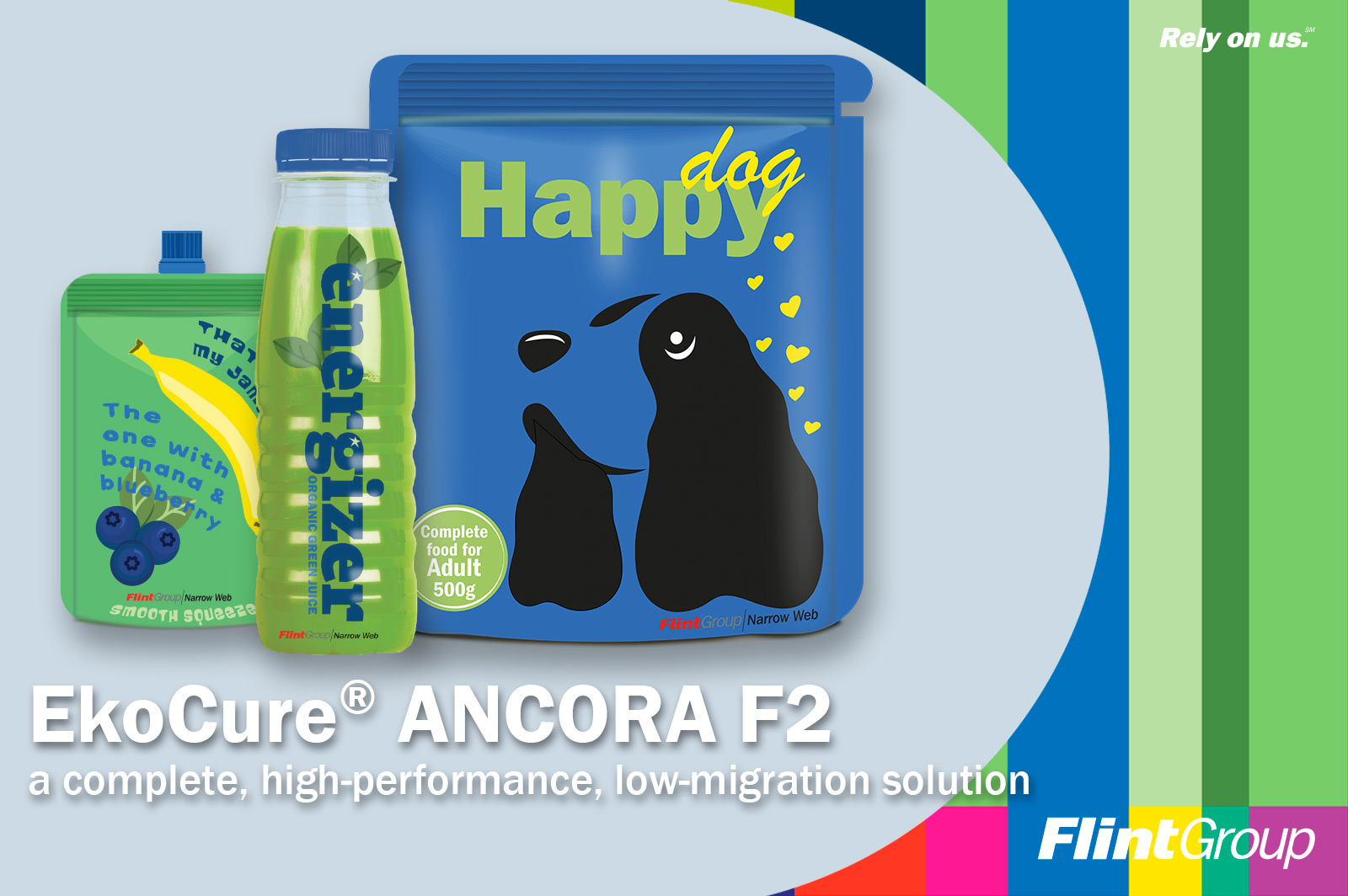
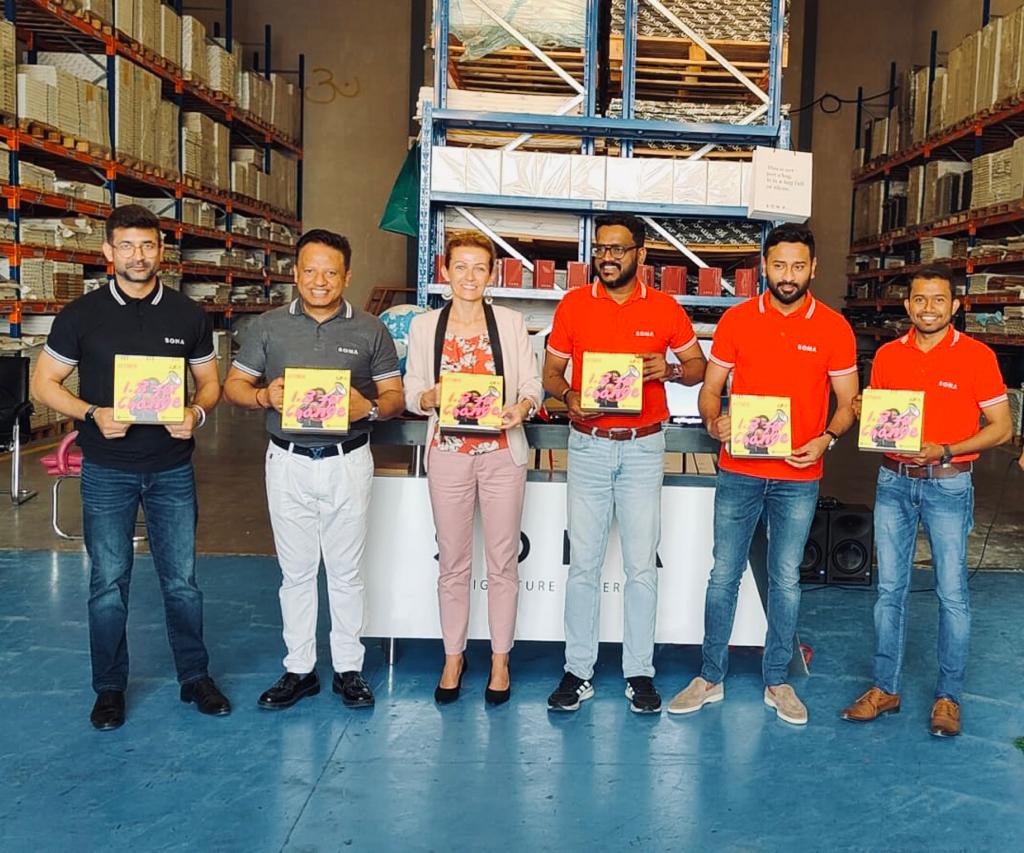

.jpeg)
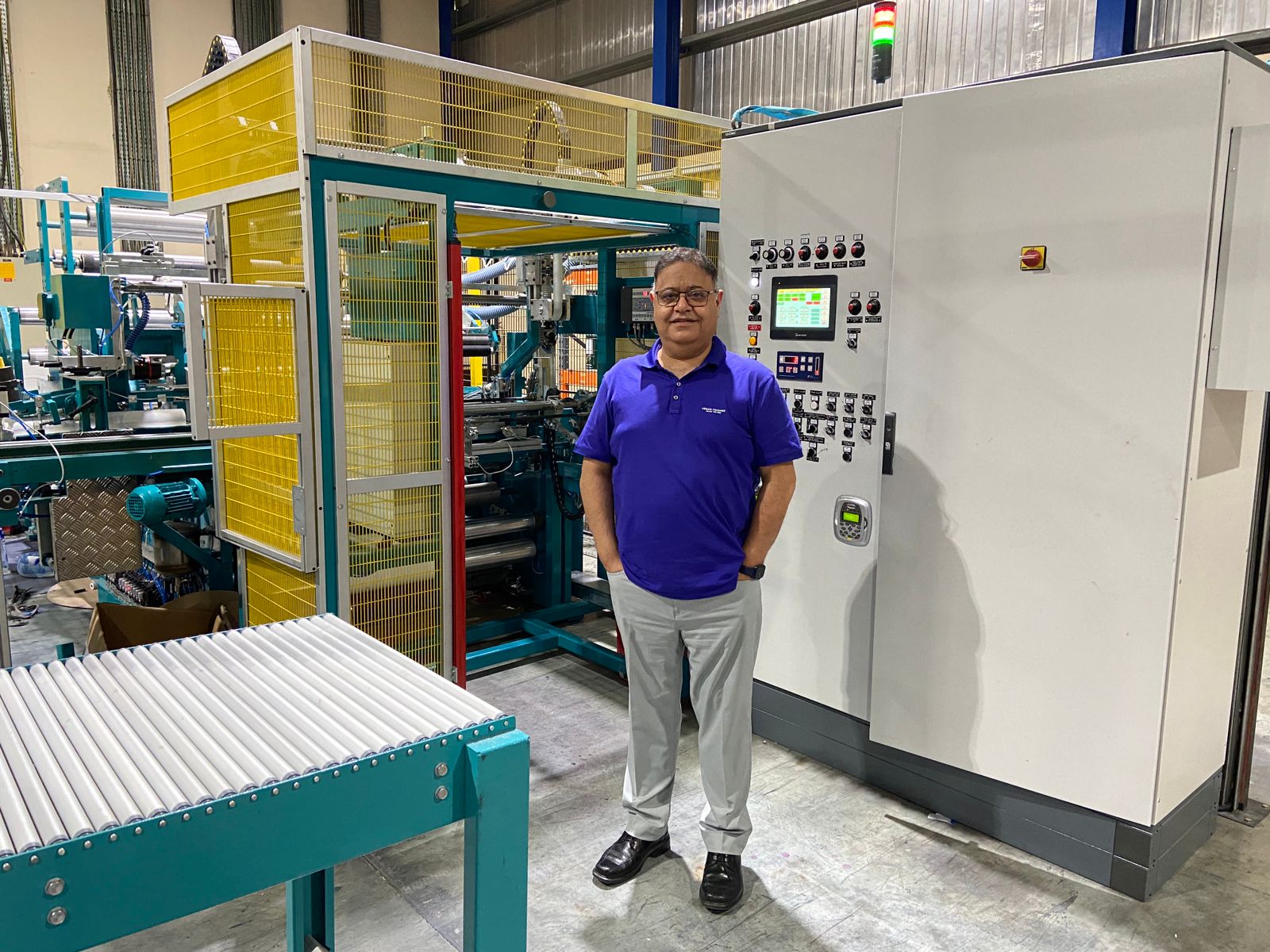
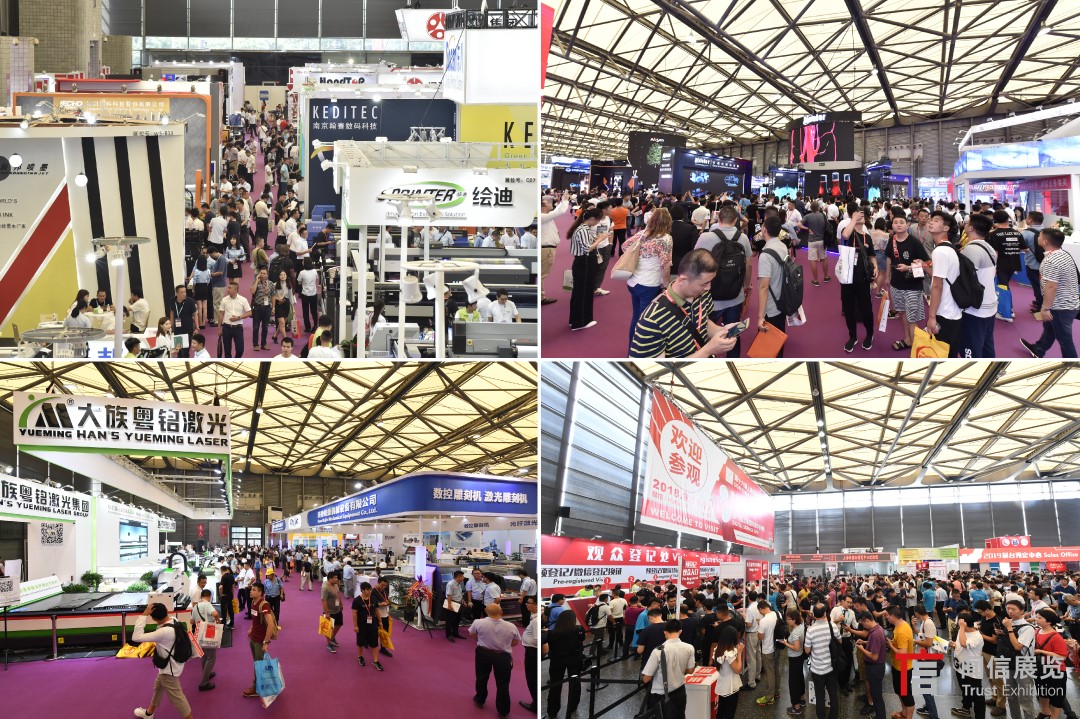
.jpg)
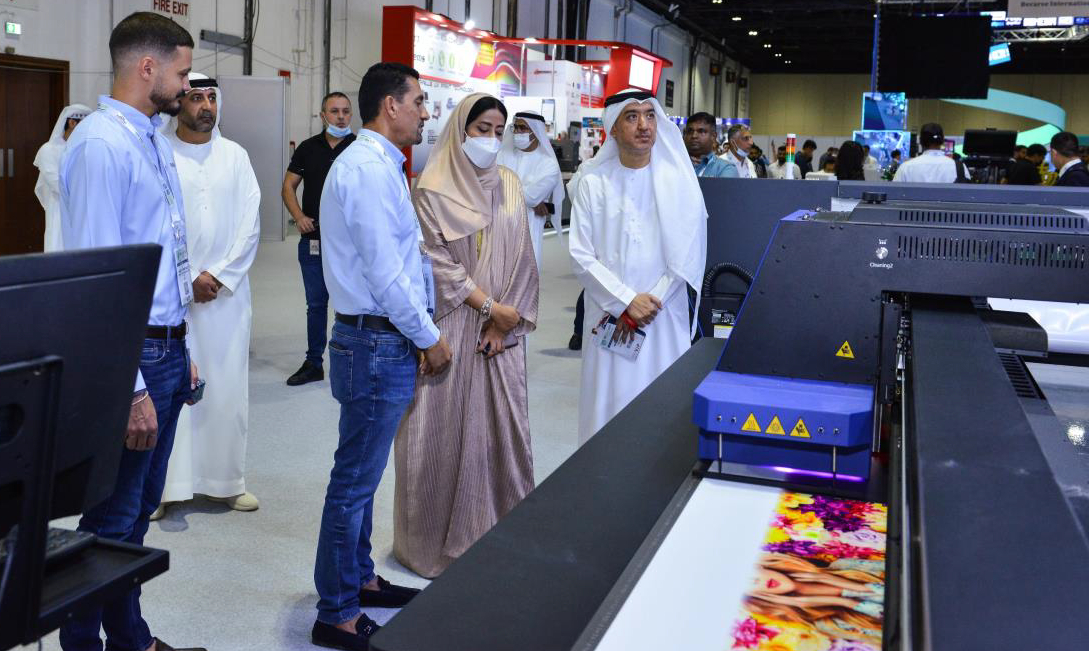
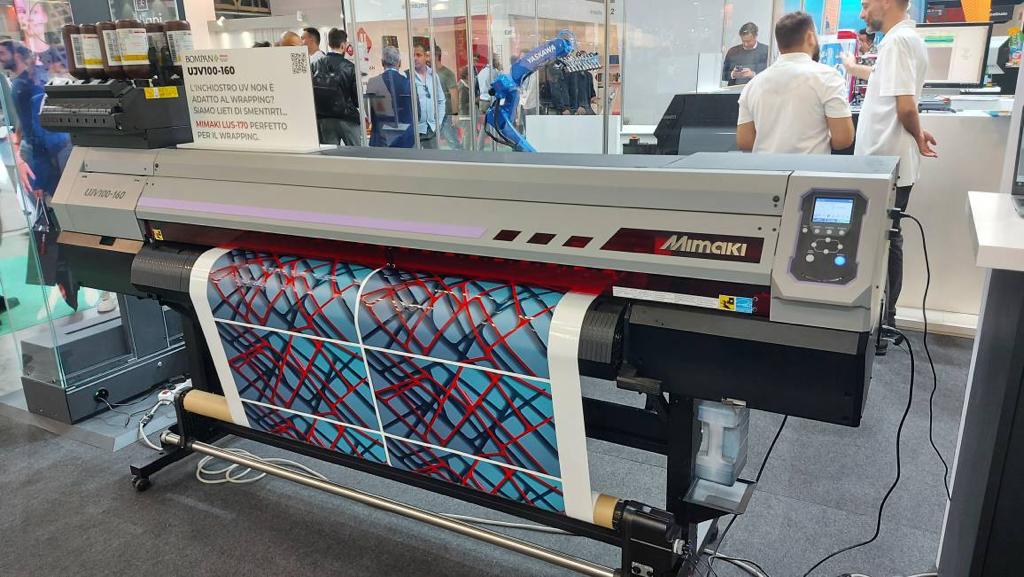
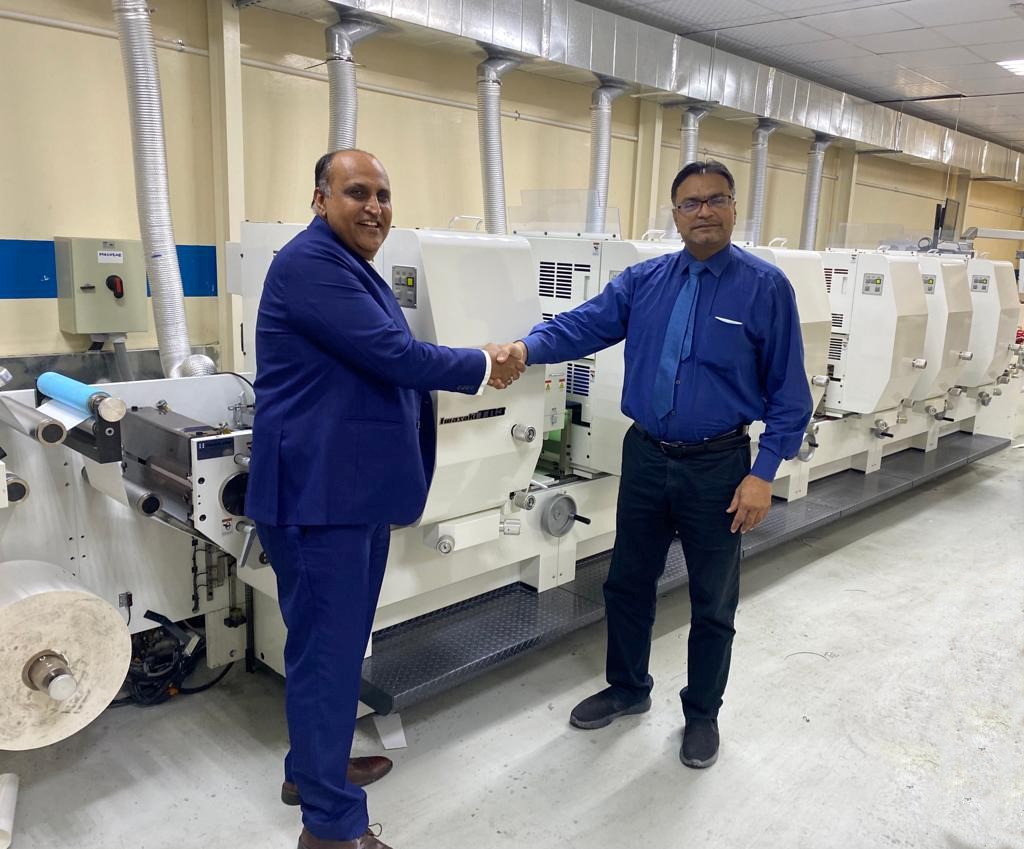
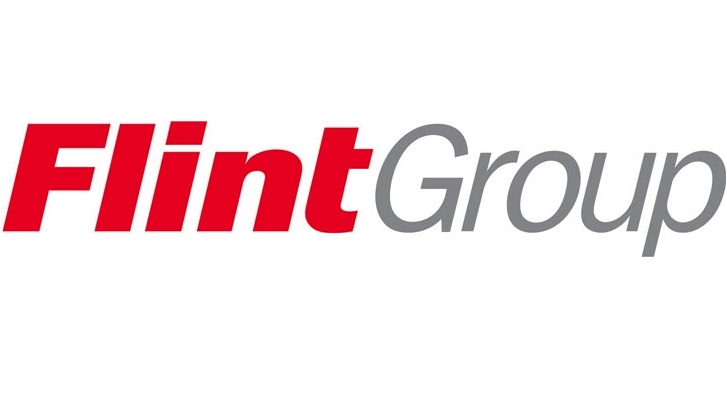
.png)
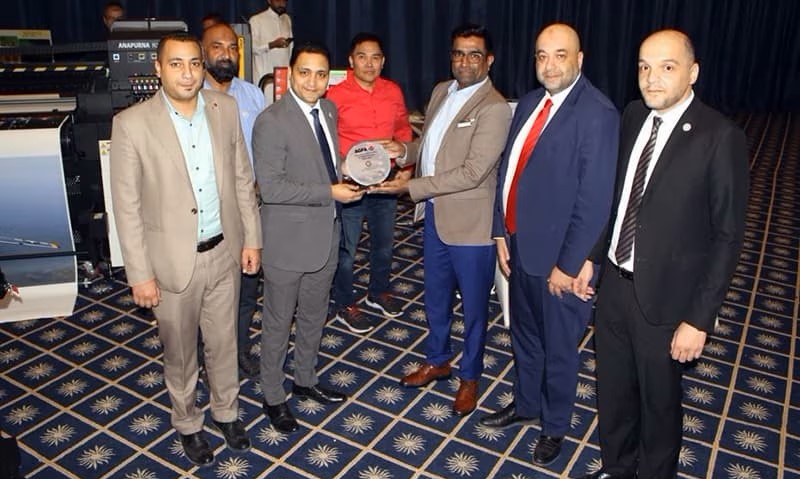
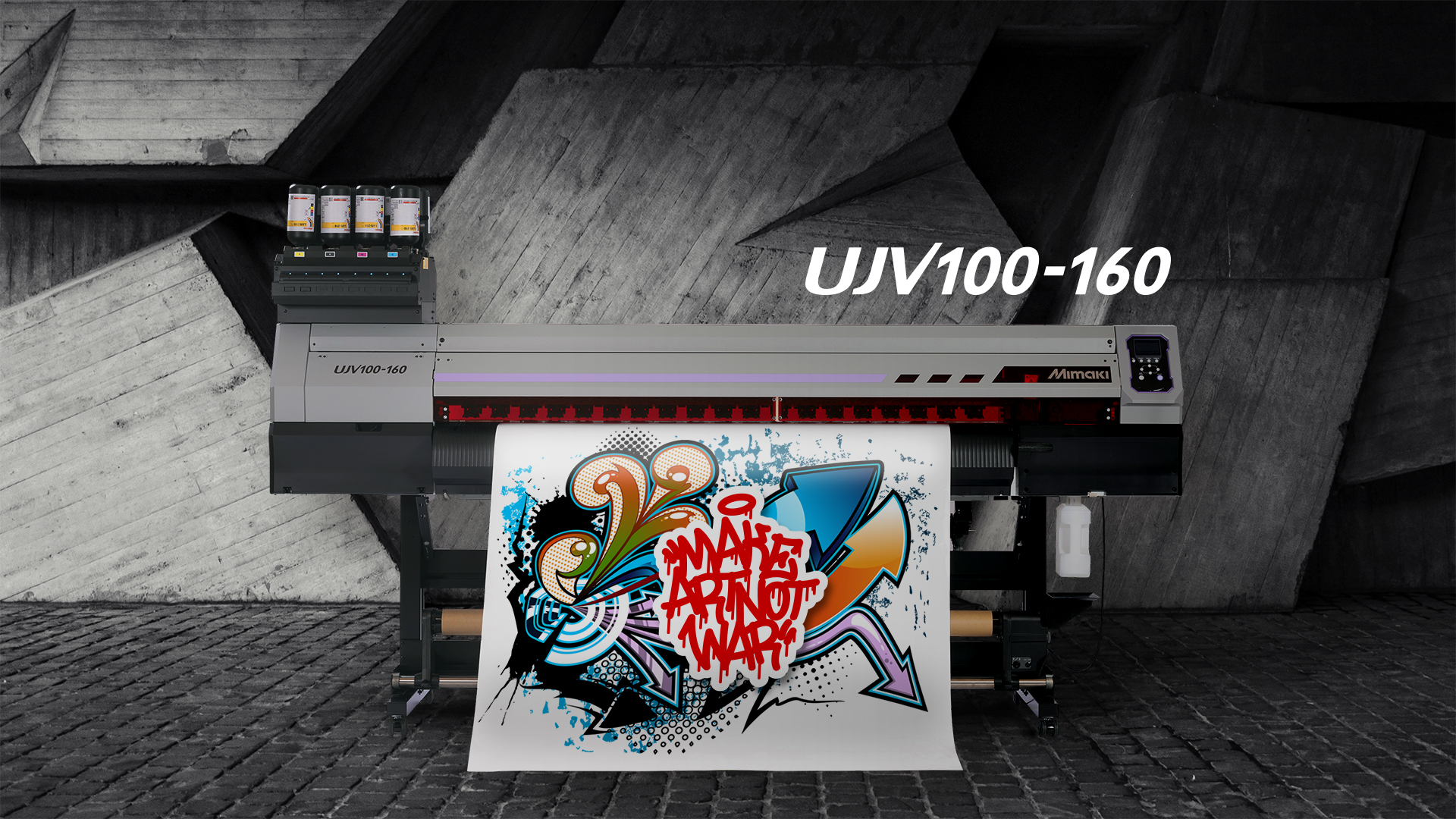

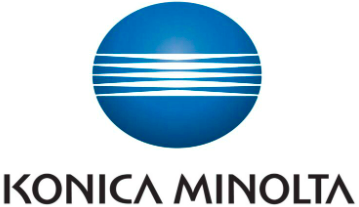
.jpg)
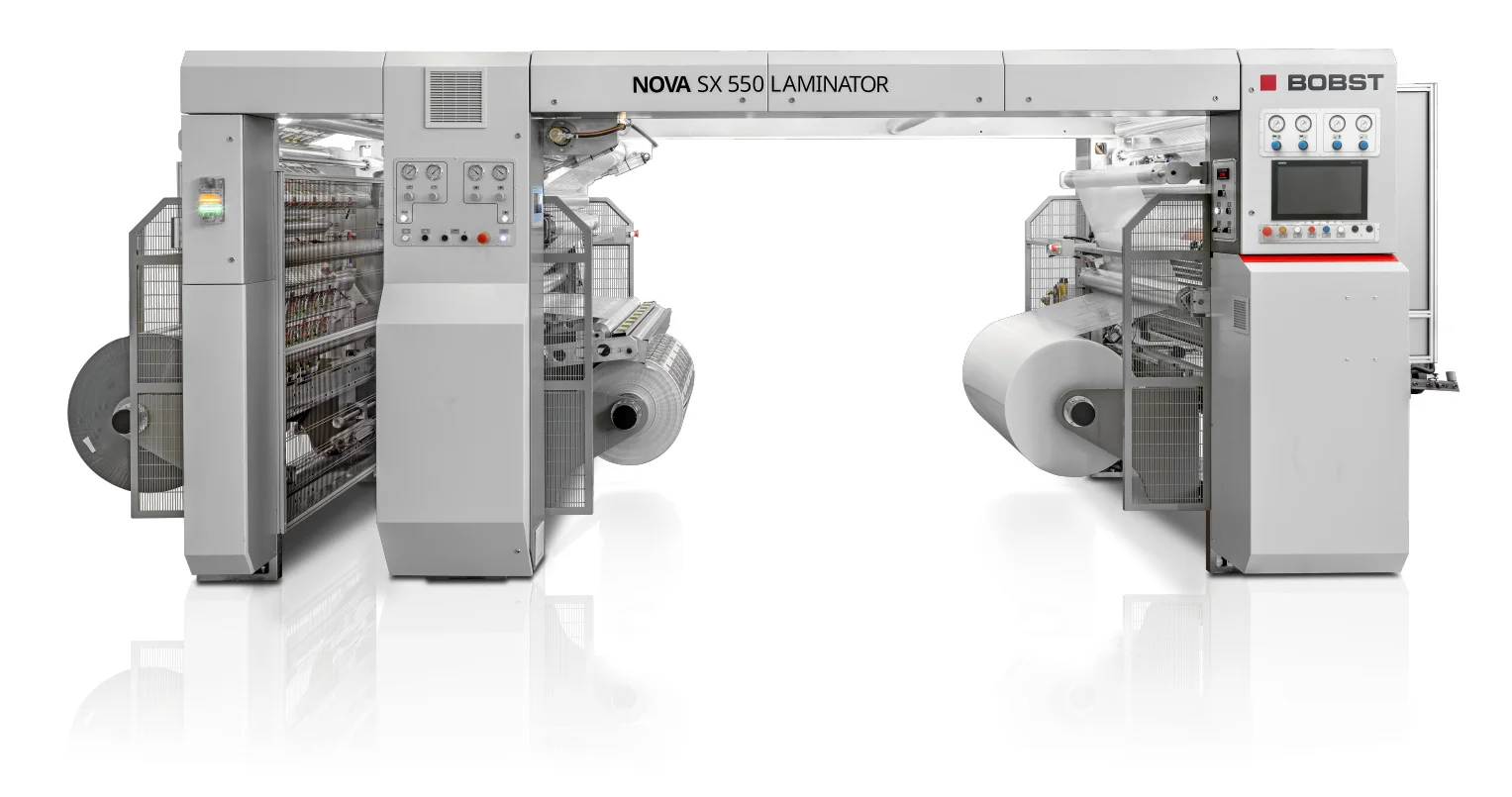

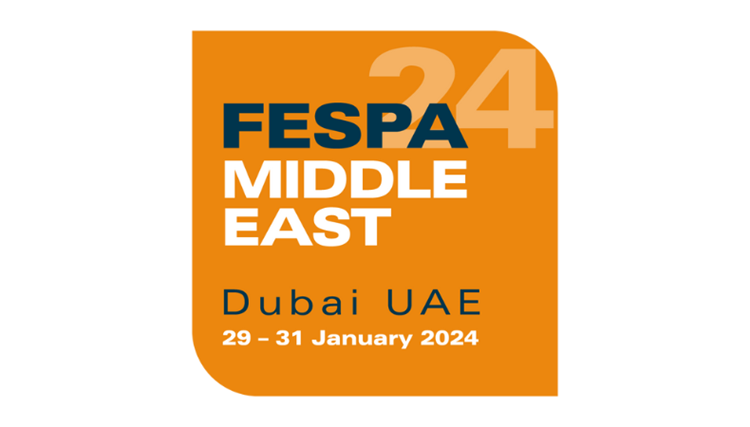
_hw13rw8.jpeg)










































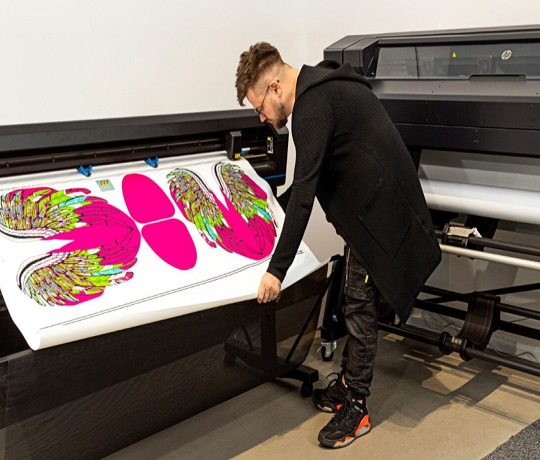












































































































































































































































































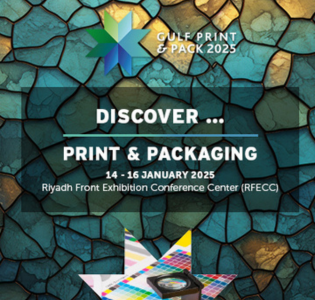
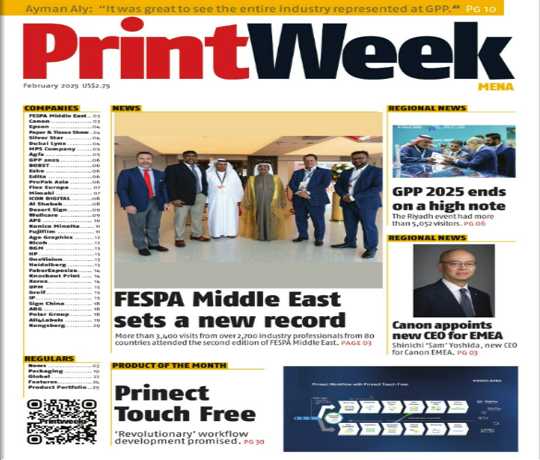
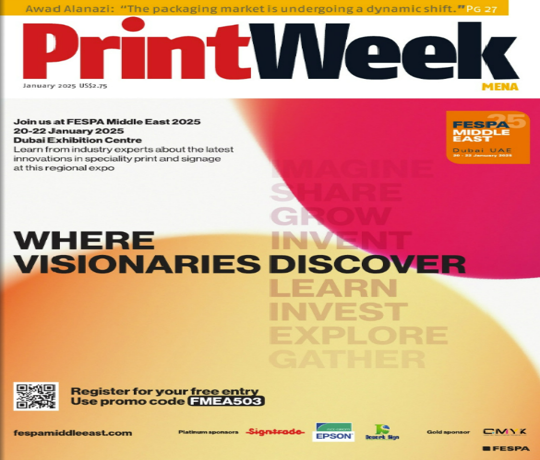
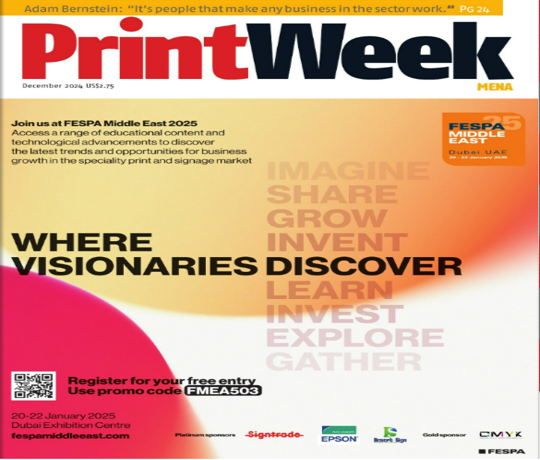
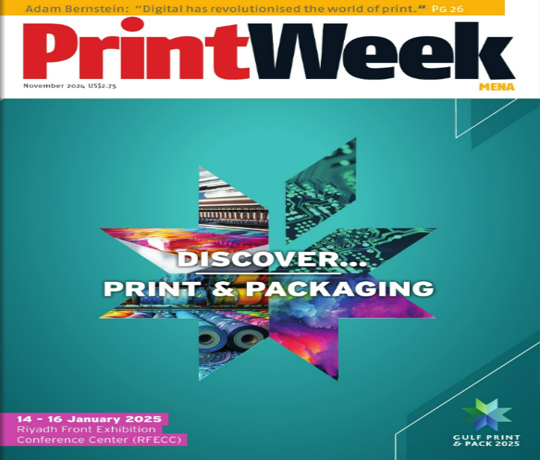

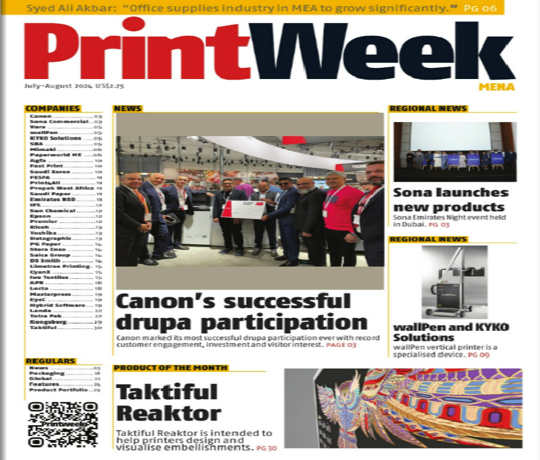
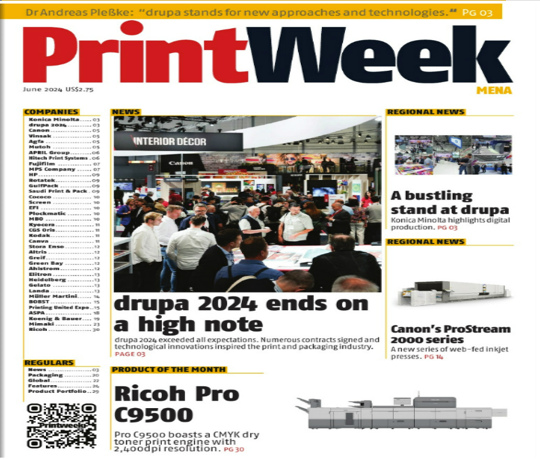

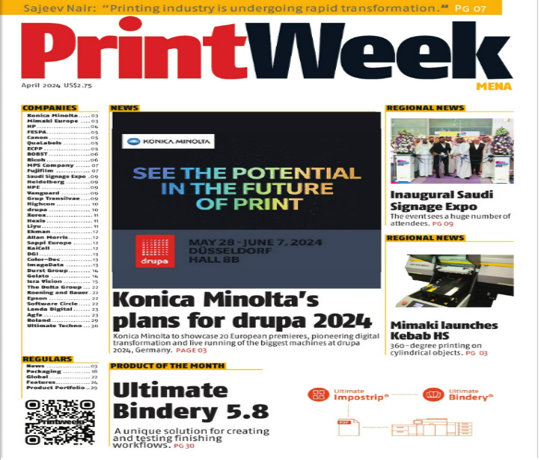

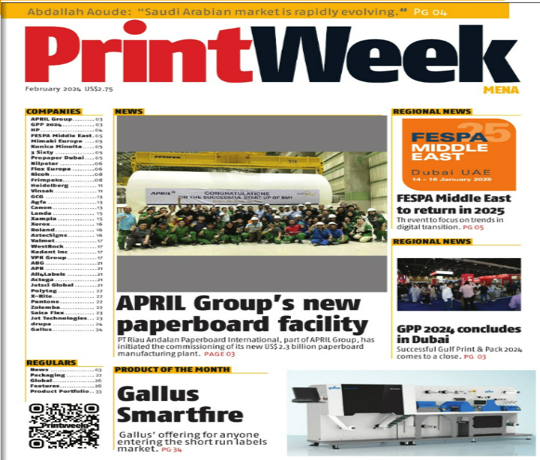

Recent Comments